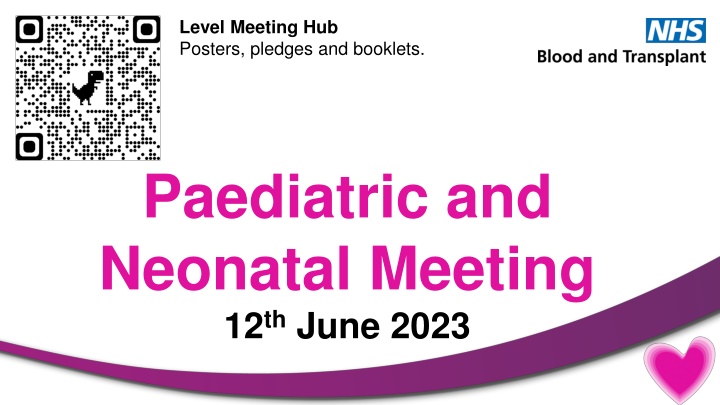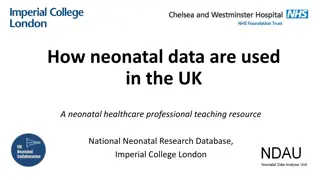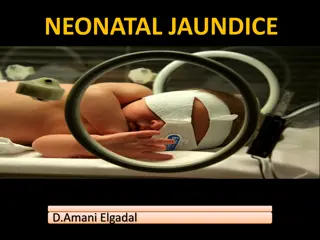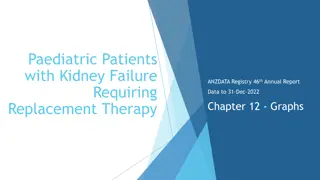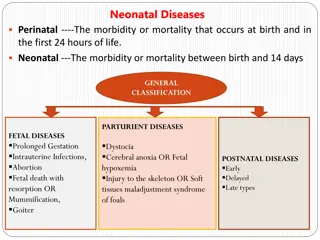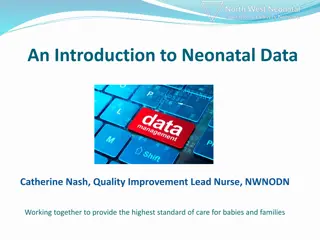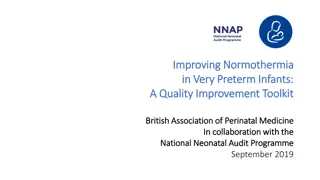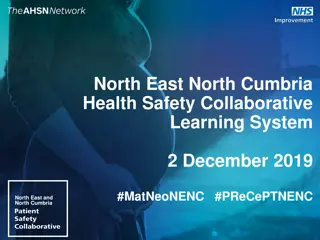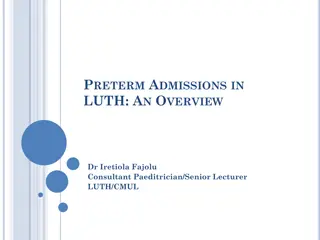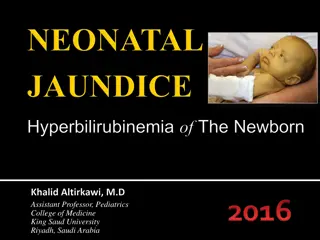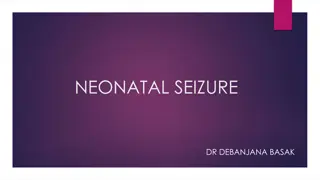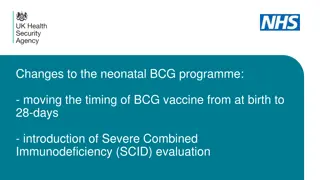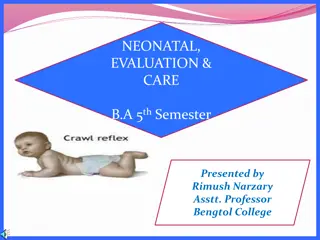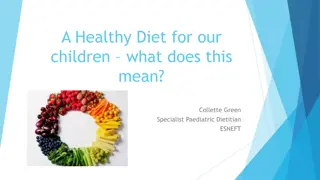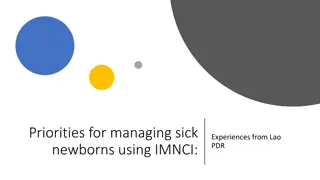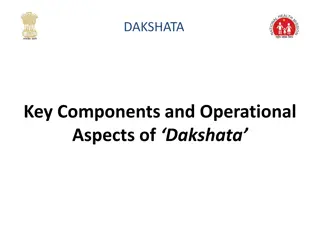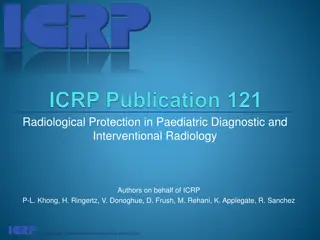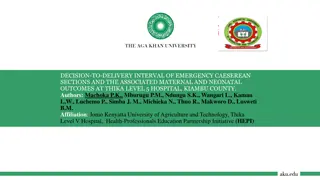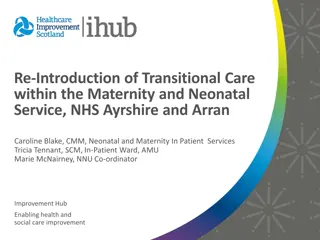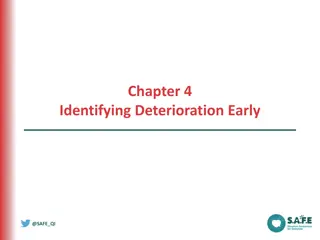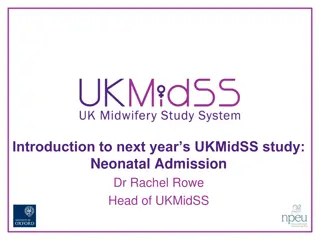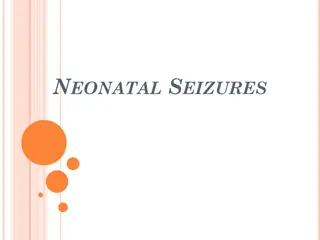Paediatric and Neonatal Meeting
Explore the latest in paediatric and neonatal care at the upcoming meeting, featuring discussions on donation opportunities, hospital engagement, consent, and more. Discover insights and best practices shared by healthcare professionals in this collaborative event.
Download Presentation

Please find below an Image/Link to download the presentation.
The content on the website is provided AS IS for your information and personal use only. It may not be sold, licensed, or shared on other websites without obtaining consent from the author.If you encounter any issues during the download, it is possible that the publisher has removed the file from their server.
You are allowed to download the files provided on this website for personal or commercial use, subject to the condition that they are used lawfully. All files are the property of their respective owners.
The content on the website is provided AS IS for your information and personal use only. It may not be sold, licensed, or shared on other websites without obtaining consent from the author.
E N D
Presentation Transcript
Level Meeting Hub Posters, pledges and booklets. Paediatric and Neonatal Meeting 12thJune 2023
Why level meetings? 1. Opportunity to compare, share and be with: like for like. Levels are not league tables - they are sharing tables. 2. Today should feel different to Regional Collaboratives. a. There should be much less information giving and much more information sharing. b. They are working meetings not you listening meetings. Paediatric Level Meeting
Posters Please check out the posters, displayed on the screens but also available on www.odt.nhs.uk. The posters explore topics such as: How you have re-built donation opportunities post COVID. Sharing hospital engagement and public promotion activities. Shared learning in consent and authorisation. How you have used donation recognition funds? Level 1 Meeting
Pledges Please enter any action you will take to support Neurological Death Testing (NDT). Please enter your pledge for improving Consent / Authorisation. Level 1 Meeting
International deceased donors pmp, 2021 45 Donation after brain death (DBD) 40 35 Donation after circulatory death (DCD) 30 25 20 15 10 5 0 Paediatric Level Meeting
Number of deceased paediatric (less than 18 years) donors, transplants and active transplant list in the UK, 1 April 2013 31 March 2023 UK PICU mortality (< 16 years) 2004 5.5 % 2021 3.5 % Fewer children now die in PICU the family of every child who is reaching the end of life in PICU and who is a potential organ donor, should be offered the opportunity to consider donation .
What are the opportunities for paediatrics? Paediatric Level Meeting
UK PICU donation by age group - 1 January 2022 - 31 December 2022 0 - < 2 2 - < 5 5 - < 10 10 - < 16 Paediatric Level Meeting
PICU actual deceased donors PICU actual deceased donors by hospital 1 January 2022 - 31 December 2022 1 January 2013 - 31 December 2022 5 100 97% 100% 93% 93% 92% 90%91% 40 90% 86% 85% 16 2 4 80 % UK donors under 16 years 15 30 14 3 60 15 Number Number 15 17 10 10 13 1 20 15 2 40 27 3 1 1 3 24 21 10 18 18 18 2 2 2 2 2 1 17 20 16 15 11 1 1 1 1 1 1 1 1 0 0 0 0 0 0 0 0 0 0 0 0 0 0 Belfast Birmingham Bristol Cambridge Cardiff Edinburgh Evelina Glasgow Leeds Leicester Gen Leicester RI Alder Hey GOSH King's Royal Brompton St George's St Mary's Royal London Manchester Middlesborough Freeman Newcastle, RI Nottingham Oxford Sheffield Southampton Jan 13 - Dec 13 Jan 14 - Dec 14 Jan 15 - Dec 15 Jan 16 - Dec 16 Jan 17 - Dec 17 Jan 18 - Dec 18 Jan 19 - Dec 19 Jan 20 - Dec 20 Jan 21 - Dec 21 Jan 22 - Dec 22 Year Hospital DBD DCD DBD DCD . Paediatric Level Meeting
Potential Donor Audit Referral Data (< 18yrs) Potential Donor Audit Referral Data (< 18yrs) Figure 7 Number of patients meeting referral criteria, 1 April 2017 31 March 2022 DBD DCD 2 Observations 1. Falling number of patients who meet referral criteria. 2. Steady improvement in referrals. Missed referrals 2017/18 = 12.9 % 2021/22 = 8.7 % DBD = Donation following Brainstem Death (death diagnosed by neurological criteria) DCD = Donation following Death by Circulatory Criteria (non-heart beating) Paediatric Level Meeting
Potential Donor Audit Referral Data (< 18yrs) Potential Donor Audit Referral Data (< 18yrs) Figure 8 Number of families approached by SNOD presence, 1 April 2017 31 March 2022 2 Observations 1. Falling number of families suitable to approach. 2. Steady improvement in SNOD presence (especially in DBD). DBD DCD Missed SNOD presence 2017/18 = 22.4 % 2021/22 = 18.6 % DBD = Donation following Brainstem Death (death diagnosed by neurological criteria) DCD = Donation following Death by Circulatory Criteria (non-heart beating) Paediatric Level Meeting
Potential Donor Audit Referral Data (< 18yrs) Potential Donor Audit Referral Data (< 18yrs) Figure 9 Number of families approached by consent/authorisation ascertained, 1 April 2017 31 March 2022 DBD DCD Observation Some improvement over time in consent/authorisation. Consent/Authorisation 2017/18 = 48.3 % 2021/22 = 51.5 % DBD = Donation following Brainstem Death (death diagnosed by neurological criteria) DCD = Donation following Death by Circulatory Criteria (non-heart beating) Paediatric Level Meeting
Number of families approached by age group, 1 April 2021 31 March 2022 Number of families approached by ethnicity, 1 April 2021 31 March 2022 61% 76% 2 Observations 1. Lower consent in minority ethnic families. 2. Lower consent in younger age groups. 33% 37% Paediatric Level Meeting
Number of patients with suspected neurological death Number of patients with suspected neurological death 1 April 2017 1 April 2017 31 March 2022 31 March 2022 Paediatric Level Meeting
What do I hope we get from today? A.Reinvigoration. We showed during the pandemic that the foundations of deceased organ donation are strong. But we are tired. B.Challenge each other through sharing like with like. C.Wisdom to tackle our biggest challenges. 1. Neurological death testing. 2. Consent/authorisation rates. 3. Making deceased organ and tissue donation an expected part of care. Paediatric Level Meeting
